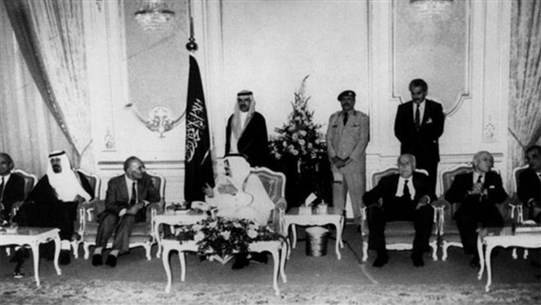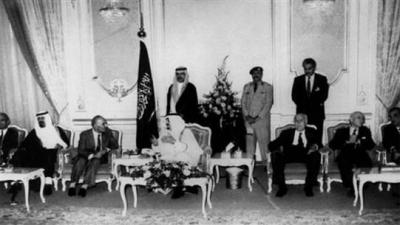The "Battle" of Souk el-Gharb, which the head of the Progressive Socialist Party, Walid Jumblatt, emphasized during his speech at the 33rd anniversary forum of the "Taif" Agreement, served as an additional impetus for the necessity to seek a settlement for the fruitless internal Lebanese conflicts. The sects and regions that were involved in continuous battles for 14 years had exhausted their capabilities and resources on traditional divides and shifted their focus to trying to control their respective sects and enclaves. After the struggles among groups associated with the Christian center, it was the turn of those affiliated with the Shiite center. During the period from the Israeli invasion in 1982 to the eve of the "Taif" Conference, all regions had experienced their own wars, from the mountains to the Matn area and Beirut, passing through Tripoli and culminating in the "War of Elimination" in the Christian areas.
Internal erosion became a characteristic of these conflicts. Traditional fronts were resistant to infiltration while what was available was an attempt by war factions to dominate regions they had carved out by eliminating competitors and allies. During those days, no one was convinced of the usefulness of fighting. The occupation of a traditional combat front, known as the Green Line, by a few shells and bullets was done on-demand based on the interest of those participating, funding, and foreign decision-makers. Casualties and suffering were no longer a concern; what mattered was asserting that there were weapons and militias, even if without purpose.
The Battle of Souk el-Gharb, as Jumblatt named it at the time (August 13, 1989), was the last and fiercest of those conflicts and served to demonstrate that stagnation in fighting without horizon was no longer acceptable. This became a strong motivator for the Arab committee formed at the Rabat summit a year prior and Saudi Arabia, to invite Lebanese MPs to the national dialogue conference in Taif that would adopt the "National Accord Document" to end the war in Lebanon.
This document was supposed to serve as a solid foundation for ending the war and engaging in the process of rebuilding the state, within the internal balances drawn from years of prolonged conflict. However, what occurred later—General Michel Aoun’s rejection of the agreement and the battles he fought against the Lebanese Forces, culminating in the Syrian forces’ invasion of the presidential palace—ended all those local balances and positioned the Syrian regime as the controller and interpreter of a National Accord Document, which appeared to be a document of national division. Souk el-Gharb was the catalyst for the Taif settlement, but the Battle of the Presidential Palace about a year later inflicted wounds on that settlement that have yet to heal.




